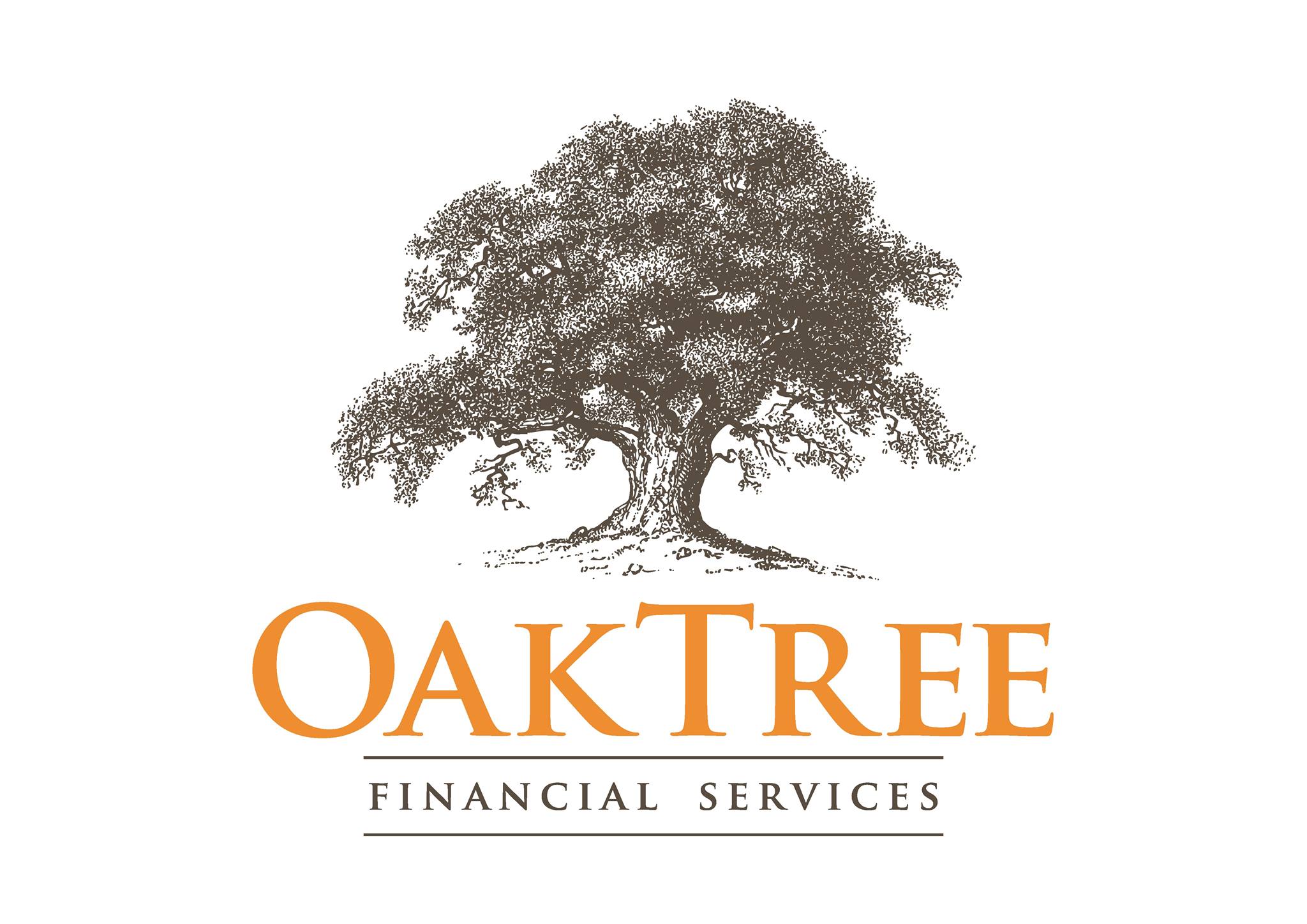When you are considering your retirement planning, especially if you are a business owner or a director, there are two options that may be relevant to you. These are Personal Retirement Savings Accounts (PRSA) and Master Trusts (previously known as Executive Pensions). Here, we’ll take a look at the key differences between them and discuss which may be the better fit for your needs.
What is a Master Trust?
A Master Trust is a type of occupational pension scheme that allows for multiple, unrelated employers to participate under one trustee structure. Each employer has its own section within the trust, but everything is governed by a single trustee board.
Master Trusts are also used by company directors through single member master trust arrangements. These are ideal for those who are looking to set up a tailored pension structure within their business.
What is a PRSA?
A PRSA is a personal pension plan that individuals or business owners can set up and manage themselves. With a PRSA, you can have more control over your investments, including:
- Choosing your own investments
- Deciding how much to contribute
- Having more flexibility. For instance, you will not be subject to the same regulatory restrictions as occupational schemes (e.g. IORP II)
All of these are beneficial, and PRSAs were also popular due to the flexibility they offered until recent changes were made. Many directors and business owners were drawn to these schemes because they offered flexible, tax-efficient contributions. Let’s take a look at the recent changes that have been introduced.
Recent Changes to PRSAs
In 2022, there were many advantages to PRSAs introduced in the Finance Act. This meant that employer contributions to PRSAs were no longer treated as a benefit in kind (BIK), which removed tax liability from the individual. At this point, salary and service-based limits did not apply, so business owners could make large contributions to their PRSAs in a tax efficient way. This made a big difference, especially to directors who were looking to catch up on retirement savings.
In January 2025, however, new restrictions were introduced to PRSAs, and employer contributions are now subject to a cap of 100% of the employee’s salary. Any contribution that exceed this will be treated as BIK and taxed in accordance. The company’s tax deduction is also limited to 100% of the employee’s salary. This means that while the PRSA is still a good option for flexibility, there are now more limits than previously.
Are PRSAs Still Relevant?
In short, yes! They are still a great option in certain situations. For instance:
- PRSAs still offer straightforward funding rules and if you are already well-funded through other pensions, this could be a good choice for you.
- Employee contributions are not counted against the employer’s 100% salary limit, so you can still make the most of your personal pension limits.
- It is important to note that PRSAs do not allow funding for past service, which might affect your decision-making process.
When a Master Trust Might Suit You Better
In contrast to PRSAs, Master Trusts allow for funding based on both salary and service, which means they can accommodate backdated pension contributions. A Master Trust might be a better option for you if your circumstances are as follows:
- If you are in your 50s and you have no prior pension provision.
- If you are a business owner who makes significant profits but takes a low salary.
- If you want to add funds to your pension pot for past years of service.
This is a common position among entrepreneurs and the Master Trust is a good route in this case.
Key Differences Between PRSAs and Master Trusts:
We can compare these two types of retirement savings with a quick analysis of the key differences.
PRSAs:
- Can be accessed from age 60, or earlier in case of ill health.
- Phased retirement is allowed.
- In the case of death before retirement, the full value can be paid to a spouse.
- 25% of the fund (subject to SFT) can be taken as a Tax-Free Lump Sum.
- Funding for past service is not allowed.
Master Trusts:
- Can be accessed from age 50, if shareholding is given up.
- Phased retirement is not allowed, all benefits must be drawn at once.
- In the case of death before retirement, the trust value is limited to 4x salary and certain rules apply.
- 5x final salary can be taken as a Tax-Free Lump Sum, although certain rules apply.
- Funding for past service is allowed.
How do I Choose the Right Option?
There is no standard answer here, and as with all financial decisions, you should seek out advice that is relevant to your personal financial situation. However, it is worth considering that if you have already built-up significant pension savings, a PRSA may be ideal for you. However, if you are starting late and want to maximise your contributions for past service, a Master Trust could be a better option for you.
If you are planning to retire early, or if you want to have more phased drawdown options, the best fit will depend on how your business is structured and on the goals you have in mind for your retirement.
Take Independent Financial Advice
The suitability of pension options including PRSAs and Master Trusts will depend on your personal circumstances, and it is essential to seek independent financial advice that takes this into account.
At Oaktree Financial Services, we are here to help you find the right path for your retirement savings, and we will be happy to discuss the options with you. Book A Chat With Us – On Us!

Adrian Godwin is a Senior Financial Consultant and the co-founder and managing director of Oaktree Financial Services. With a background in accounting and tax advising, Adrian specialises in estate planning and wealth management.Adrian offers clients reassurance through best practice solutions. His unique skill set and qualifications enable clients to develop comprehensive life plans that align with their goals.


